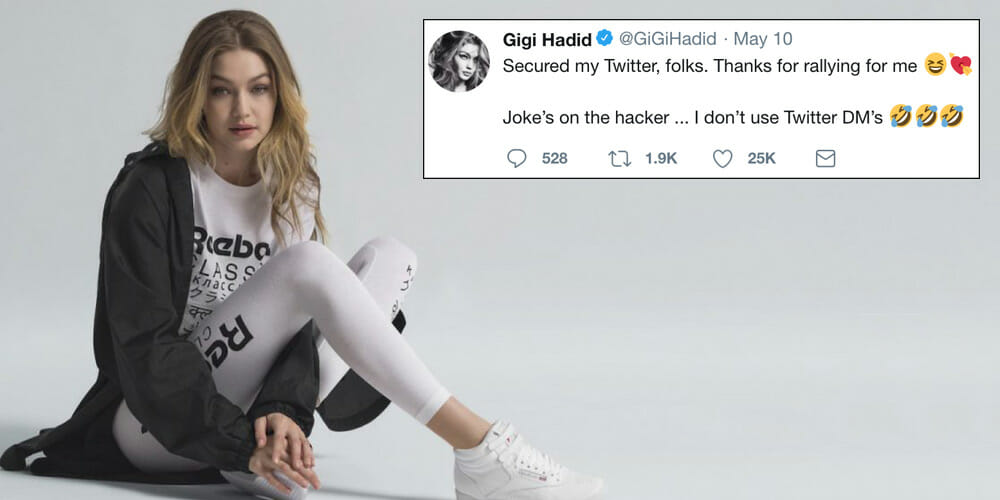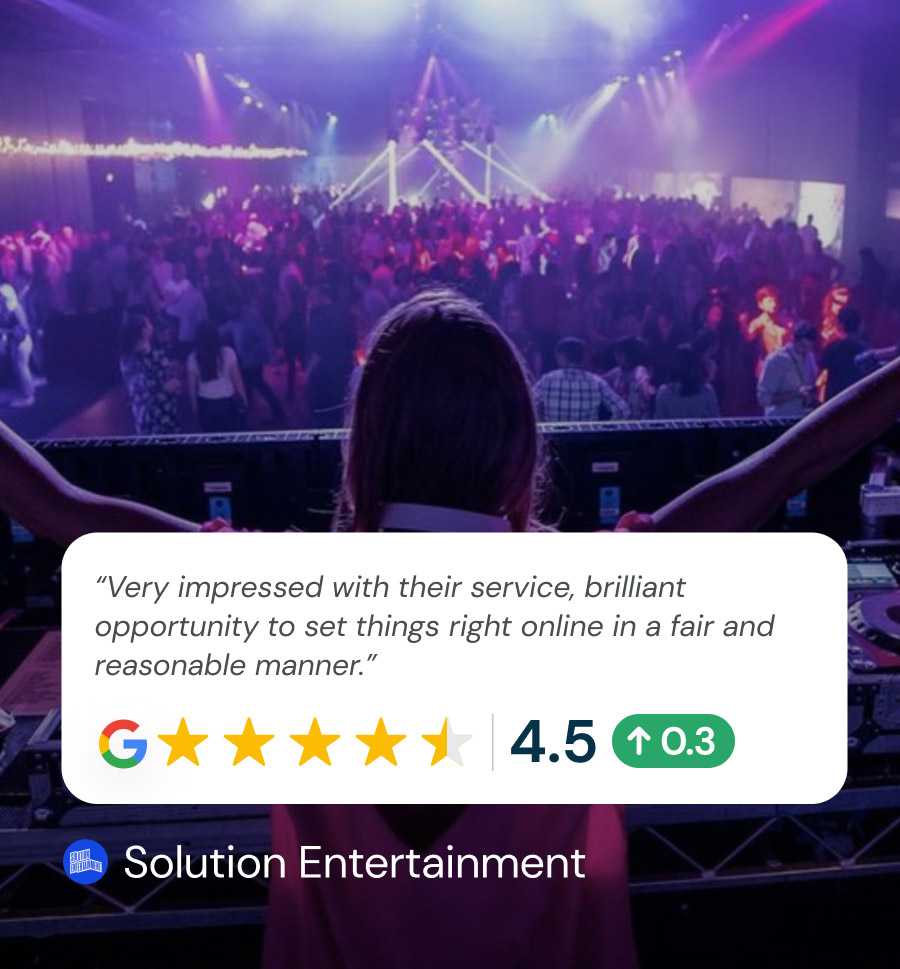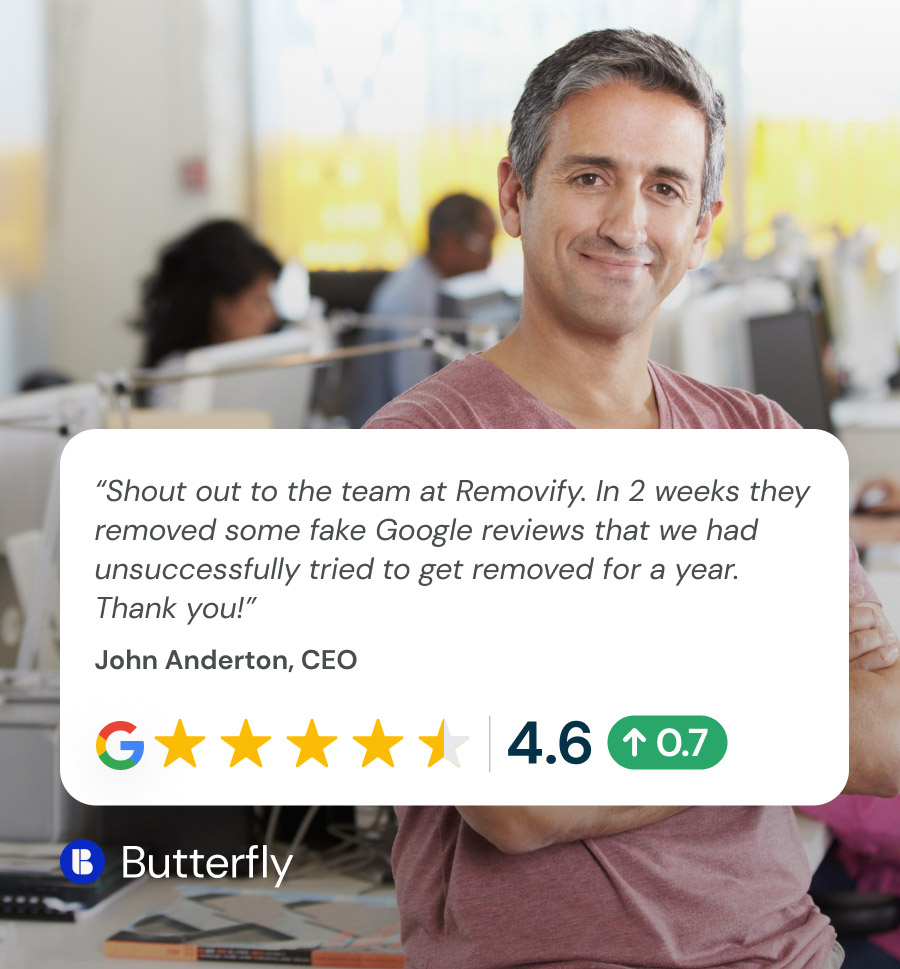So you’ve finally made a name for yourself online. It’s taken blood, sweat and tears.
You’ve followed the rules – played fair and invested so much of yourself into your online community. Likely, you’ve nursed it from when it was a baby hatchling with under 100 followers.
And now that it’s doing well someone swoops in and takes your name, maybe pops in an underscore somewhere and boom they’re threatening everything you’ve worked so hard to build.
Right now, they might be trying to sabotage your reputation. But you don’t have to just sit there and take it. So whether you’re accounts been hacked or cloned – this is the practical guide that you need.
What is hacking?
Hacking is when someone has accessed your account without your permission. What hackers generally do is source your login details, enter your account and change the login details, so you no longer have access to your account.
Unfortunately, it’s a regular occurrence, and you’ll be particularly vulnerable if your brand as an influencer generates income. In a moment, we’ll be discussing what you can do to prevent your account from being hacked.

Three steps to prevent hacking
-
Make as many identity factors exclusively offline
Your phone number, address and passwords are easy to pinch by a hacker if they exist online. So it’s time to take that identifying information down from the internet and place it in a well-hidden notebook.
-
Use different passwords for all of your social media accounts
Having the same password is really just asking for trouble. So this is something to change pronto if you haven’t already. Unfortunately, if they get into your Facebook, then it’s a matter of minutes before your Instagram and Youtube or whatever combination of accounts you use is taken over.
- Report copyright infringement – here are the relevant guides to reporting a personal account hack on Instagram, Facebook and Twitter.
What is identity cloning?

On the other hand, cloning involves someone taking your brand and duplicating it. Copycat accounts can look legitimate, and there’s a real danger of your community genuinely thinking that the content is being created by you. That’s why your reputation is in jeopardy as the views and content being published on a cloned account rarely align with what you want to portray. Possibly, they’ll even be making money as they pitch this fake account to business offering influencer services.
It’s scary stuff.
If you’ve a large following this is almost certain to happen, but again there are steps you can take to minimise cloning and the effects that it can have on your brand.
Steps to prevent identity cloning on Facebook
The Facebook group, which includes Instagram, has been getting more serious about protecting all users’ account privacy – especially after the Cambridge- Analytica scandal caused shares to plunge by 19%. So what does this actually mean for you and your online brand?
As of last year, Facebook has partnered with DoubleVerify. Now hackers find it much harder to hack your account and actually get away with it. DoubleVerify provides marketing measurement software, data and analytics all to authenticate that brands are who they say they are and are publishing content fit for the targeted audience.
Fortunately, Facebook has become a lot more responsive to account owners and there is a linear path to catching the bad guys:
-
Find cloned accounts – search Facebook for your name to see whether other accounts are impersonating you. And just be aware that not every result will be someone maliciously cloning your account – some people will simply share your name!
-
Don’t engage in a suspicious request – you can message them to encourage them to take it down, but if no response is given and the account remains live:
-
Report the offending account to Facebook – click the “…” icon in the upper right of their profile page.

Select “Find Support or Report Profile”.

Click “Pretending to Be Someone” and click send!

-
Review every couple of weeks – this prevents the damage getting worse. It makes sense that the longer you leave a cloned account active, the more time it has to damage your reputation.
Steps to prevent identity cloning on Instagram
-
Find cloned accounts – search Instagram for your handle to see if there are really similar ones to be found. And just be aware that not every result will be someone maliciously cloning your account – some will just have the same name as you!
-
Don’t engage in a suspicious request – you can message them to encourage them to take it down, but if no response is given and the account remains live:
-
Report using the Instagram Report Form – follow the simple steps to report a cloned account.
-
Review every couple of weeks – this prevents the damage from getting worse. It makes sense that the longer you leave a cloned account active, the more time it has to harm your reputation.
Hacking case study: Gigi Hadid
In 2019, Gigi Hadid’s Twitter was hacked – and badly. The hacker posted anti-Semitic tweets on her account. The “racially-charged tweets included the phrases “I wish Germany won WWII’ and the statement “Hitler did nothing wrong”.” Identity theft doesn’t get much worse than this.

With over nine million followers, swift reputation management really was paramount. And so in a public statement, Hadid published an Instagram post informing her audience of the hack:

Her fans rallied against the hacker, and the move actually improved her engagement. So it can be an effective strategy to call out hackers instead of brushing the hack under the carpet. Transparency is something that aids long-term success on social media.
We’re here to help protect your reputation and make sure that your brand thrives despite the threats.








